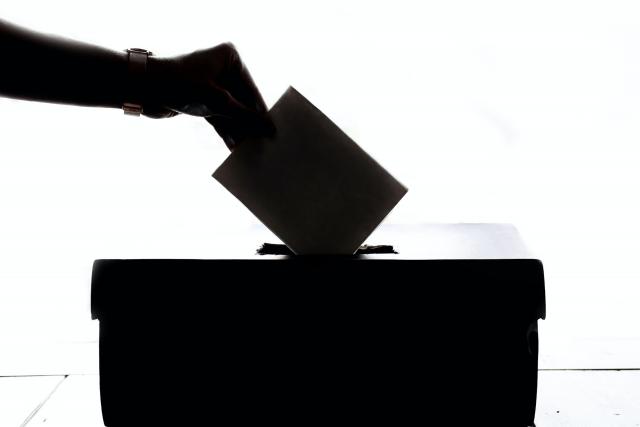
Dongyun Kwon, with AAP
Prime Minister Anthony Albanese confirmed ‘14 October’ as a date for the referendum of Indigenous Voice to parliament.
The Voice supporting politicians including Victorian Labor Senator Jana Stewart appealed to the support for the voice responding to the announcement of the referendum date.
Mr Albanese said the voice had support from a vast cross-section of the country.
“Referendums come around much less often than elections – this will be the first one this century,” he said.
“On October 14, you are not being asked to vote for a political party or for a person, you’re being asked to vote for an idea, to say ‘yes’ to an idea whose time has come.”
The referendum will ask Australians to recognise Aboriginal and Torres Strait Islander peoples as the first peoples of Australia by enshrining an advisory body known as the Voice.
The voice would be accepted if the referendum succeeded in getting both a majority of states and a majority of Australians voting ‘yes’.
South Australia was chosen for the launch as it is viewed as a key battleground state for the poll.
Queensland and Western Australia are widely expected to cast a ‘no’ majority.
It is anticipated NSW and Victoria will swing behind the ‘yes’ campaign.
Mr Albanese said Indigenous people had been advocating for constitutional recognition through a voice for years.
“Legal experts have endorsed it. People on all sides of the parliament have backed it. Faith groups and sporting codes and local councils and businesses and unions have embraced it,” he said.
“An army of volunteers from every part of this great nation are throwing all of their energy behind it. Now, my fellow Australians, you can vote for it.”
The launch of the referendum date had seen a flurry of activity by the ‘yes’ campaign, including door knocks and street walks.
Former Liberal Prime Minister Malcolm Turnbull changed his opinion to ‘Yes’ even though his government had been against it.
Tasmanian Liberal MP Bridget Archer came out to the streets to encourage voters to back the proposal, while Greens leader Adam Bandt and NDIS Minister Bill Shorten talked to commuters in Melbourne’s inner north.
Co-chair of the Uluru Dialogue Megan Davis said the referendum was a chance for the country to unite for change.
“We know a strong majority (more than 80 per cent) of Aboriginal and Torres Strait Islander people support the voice to parliament because they know it will improve outcomes within their communities,” she said.
Victorian Labor Senator Jana Stewart, who is a Mutthi Mutthi and Wamba Wamba woman, called for Victorians to support ‘Yes’.
“A constitutionally enshrined Voice will give Aboriginal and Torres Strait Islander Australians an opportunity for practical and lasting change. It will give us a say in the matters that affect
our communities,” She said.
“The Voice will plan for the next generation, not just the next term. It will build on well-established principles, practices, and standards of accountability and transparency.
“Over the next 45 days, I ask that Victorians are loud and proud in your support for the Voice.
“The referendum is the best chance we have had to address the injustices of the past and create change that will deliver a better future. This is about taking Australia forward, for everyone.”






